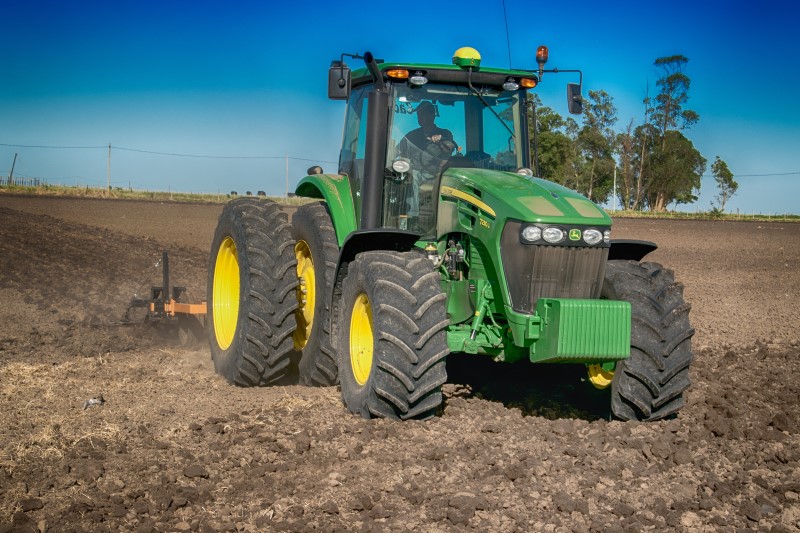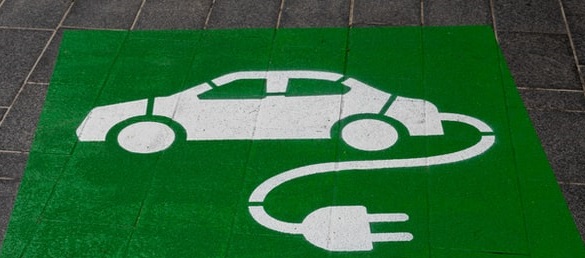Improving energy efficiency
Learn how to reduce energy use on your farm with DPIRD's energy efficiency factsheets and about innovative energy efficient vehicles and equipment.
Renewable energy options
Deploying renewable energy solutions on-farm may reduce a farmer's energy costs, exposure to energy price increases, emissions and interruptions to energy supplies. These solutions may also result in increased energy security by reducing reliance on the electricity grid or fuel deliveries and improve farm productivity by avoiding losses caused by energy supply interruptions and tasks such as refuelling diesel tanks.
There are a variety of renewable energy technologies appropriate for on-farm use that are currently in use in Australia. There are also some technologies, such as green hydrogen, that are in development
When deciding whether to invest in a renewable energy solution for your farm it is important to consider your specific circumstances and location when weighing up the pros and cons of each technology.
A selection of renewable energy solutions suitable for farms are described in this section including:
On-farm energy pilot projects
Learn about the NSW DPIRD energy pilot projects which are demonstrating innovative technologies and practices to improve energy efficiency and generate renewable energy on-farm.
Electricity supply constraints and opportunities for intensive industries
Intensive agricultural industries are generally highly reliant on electricity in their operations but are sometimes located in regions where the local electricity grid is currently experiencing constraints or is expected to in the future. Learn more about two NSW DPIRD projects that explored opportunities for intensive industries to improve the reliability of farm electricity supplies in grid constrained regions by improving energy efficiency and deploying clean energy solutions.

